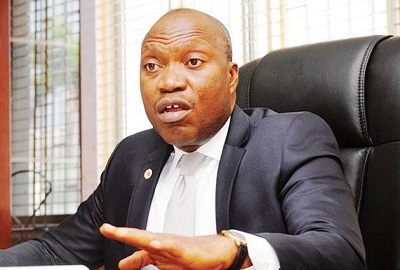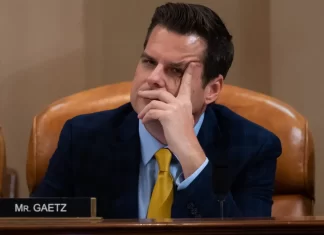By Ishaya Ibrahim
Poverty in Nigeria is not likely to decline, so long as the country’s economic managers are unable to grow its Gross Domestic Product (GDP) beyond its population rate, says Johnson Chukwu, chief executive officer at Cowry Asset Management Limited.
GDP measures economic activity. While Nigeria’s GDP is growing at 1.9 percent, its population is rising at 3.2 percent.
At the Bloomberg Media Initiative Africa (BMIA) Cohort 4 roundtable held on July 10 in Lagos, Chukwu said Nigeria’s economy is like an athlete running on a treadmill.
According to him, poverty will worsen as long as Nigeria’s GDP is accelerating at a level lower than its population growth.
He quoted Aurelien Mali, senior analytical advisor for Africa at Moody’s Investors Services Limited who said; “Alleviating poverty in Nigeria would be very difficult as long as the country’s Gross Domestic Product (GDP) remains below its demographic trend.”
Chukwu said even the inflation rate that appears to be declining, was largely influenced by low consumer spending which is as a result of weak purchasing power.
“Declining inflation in Nigeria could be as a result of low consumer spending occasioned by weak disposable income. An average salary earner in Nigeria has suffered a loss of 43.46 per cent in the purchasing power of his/her income in the past three years,” he said.
On the federal government’s plan to dole out N5,000 ($14 USD) each to poor Nigerians from the recovered Abacha loot of $322 million, Chukwu said handout does not end hunger.
He said what the government needed to do was to invest the money in ventures that could create jobs in the economy.
The BMIA roundtable is a quarterly programme of the Bloomberg alumni. This second edition examined the Nigerian economy in the half year of 2018 and the outlook for the remaining part of the year.
Chukwu said some of the factors that influenced the economy in the first half of the year include the delay in passage/signing of the federal government budget, declaration of the incumbent president to re-contest the election, crisis in the ruling All Progressives Congress (APC), worsening homeland security situation (Herdsmen, Kidnapping, Boko Haram, etc.) and gradual resumption of pipeline attacks.
The other factors include; federal government’s borrowing Eurobond of USD$3 billion in February 2018, gradual substitution of local currency loans with proceeds of Eurobond (Retirement of N 279.67 billion T/Bills in 3 months), increase in the amount/frequency of dollar sales to the BDCs, disbursement of N380 billion of 2017 Capital Expenditure budget in H1 2018, sustained contractionary monetary policies and low consumer disposable income/weak demand.
Chukwu said in the second half of the year, the decline in inflation rate is likely to reverse due to budget disbursement of capital votes and election spending.
He explained that for Nigeria’s economy to achieve sustainable growth and development, it must be driven by productivity, which is in turn underpinned on consumption both for local market and export.
“If an economy lacks the capacity to export and local consumers lack the capacity to consume, such economy will at best enjoy flash economic growths,” he said.














